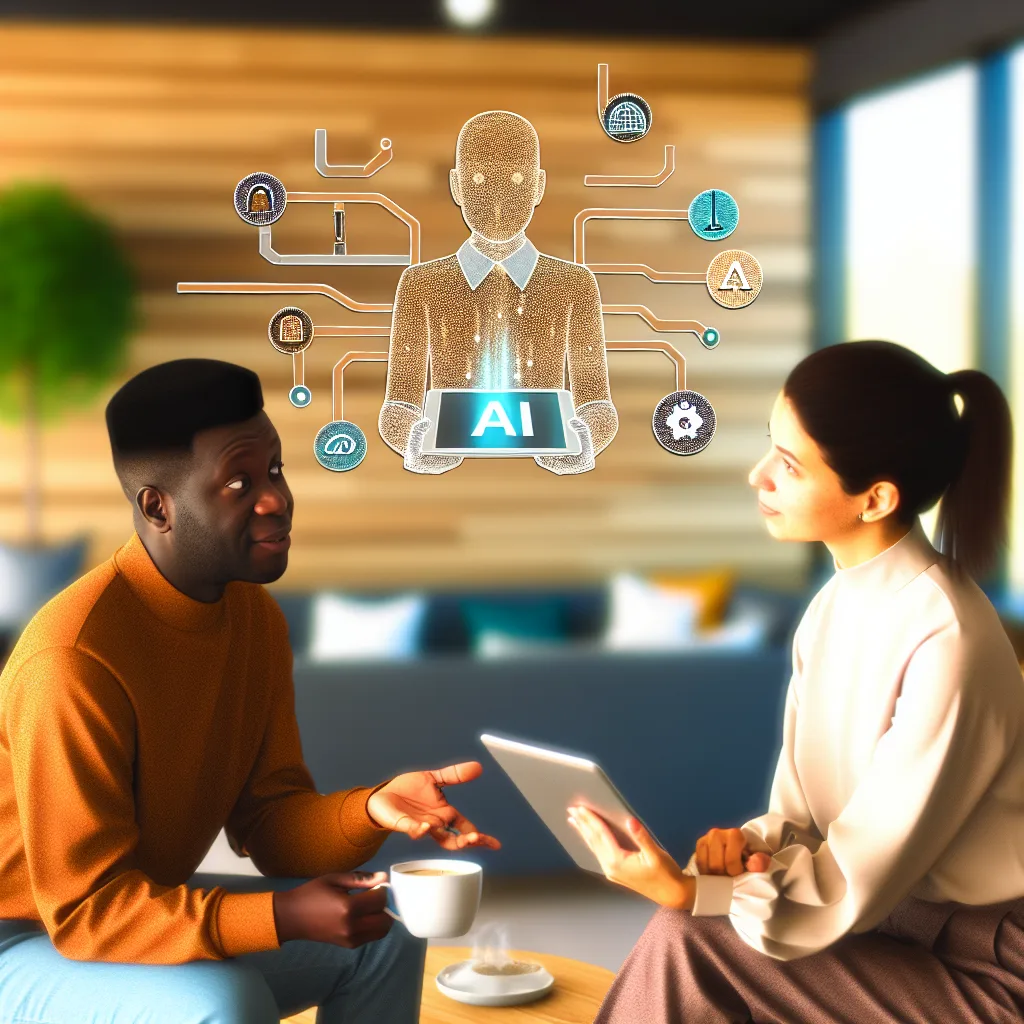Understanding the differences between knowing AI and simply using it in today’s job market
In today’s fast-evolving job market, the phrase “knowing AI” is tossed around a lot. You might have heard that those who know AI will massively replace those who don’t. But isn’t AI designed for everyone to use? If anyone can just write a prompt or command an AI, what actually sets apart those who truly know AI from the rest?
This question has been on my mind, so I wanted to break it down for you. Knowing AI means more than just typing commands into a tool. It’s about understanding what AI can do, how it works, and where it fits in your workflow — not just using it on a surface level.
What Does “Knowing AI” Really Mean?
Knowing AI means you’re not just a user; you’re an informed user. It’s the difference between someone who casually uses a calculator and someone who understands the math behind it. When you truly know AI, you get how models process information, the limits of their knowledge, and how to optimize their use.
For example, knowing AI involves:
- Crafting precise prompts based on the problem you want to solve.
- Interpreting AI’s output critically, not just taking it at face value.
- Understanding ethical considerations and potential biases in AI responses.
- Customizing AI tools to fit specific business needs.
Can’t Everyone Just Use AI?
Sure, AI has become incredibly user-friendly. Even novices can generate content, analyze data, or automate tasks with simple prompts. But using AI is not the same as mastering it.
Anyone can learn a basic command, but the subtlety is in how you apply it. The value comes from applying AI thoughtfully, knowing when to rely on it, when to double-check its output, and how to integrate it efficiently into your work or business strategy.
Why “Knowing AI” Will Give You an Edge
As AI tools become more widespread, basic usage will be common. This means those who just know a few commands might be plentiful, but demand will soar for those who know AI deeply.
Being someone who understands AI can lead to better decision-making, improved productivity, and innovative solutions beyond what’s out of the box. It often involves continuous learning — understanding new models, tools, and how AI shifts industry landscapes.
In fact, companies are increasingly looking for employees who can bridge the gap between technical AI capabilities and practical business applications. The World Economic Forum emphasizes AI-related skills as key to future job security.
How to Start Knowing AI
If you’re wondering how to transition from simple AI user to someone who knows AI:
- Learn the basics of machine learning and AI principles through online courses like Coursera’s AI offerings.
- Experiment beyond preset tools — dive into customizing prompts and explore AI applications in your field.
- Read up on AI ethics and best practices to use these tools responsibly.
Ultimately, knowing AI is a journey, not just a checklist. While AI can assist many users with simple tasks, those who understand AI’s inner workings will continue to have an edge in the job market and beyond.
In the end, yes, anyone can apply AI at a surface level — but knowing AI? That’s what makes the difference.
